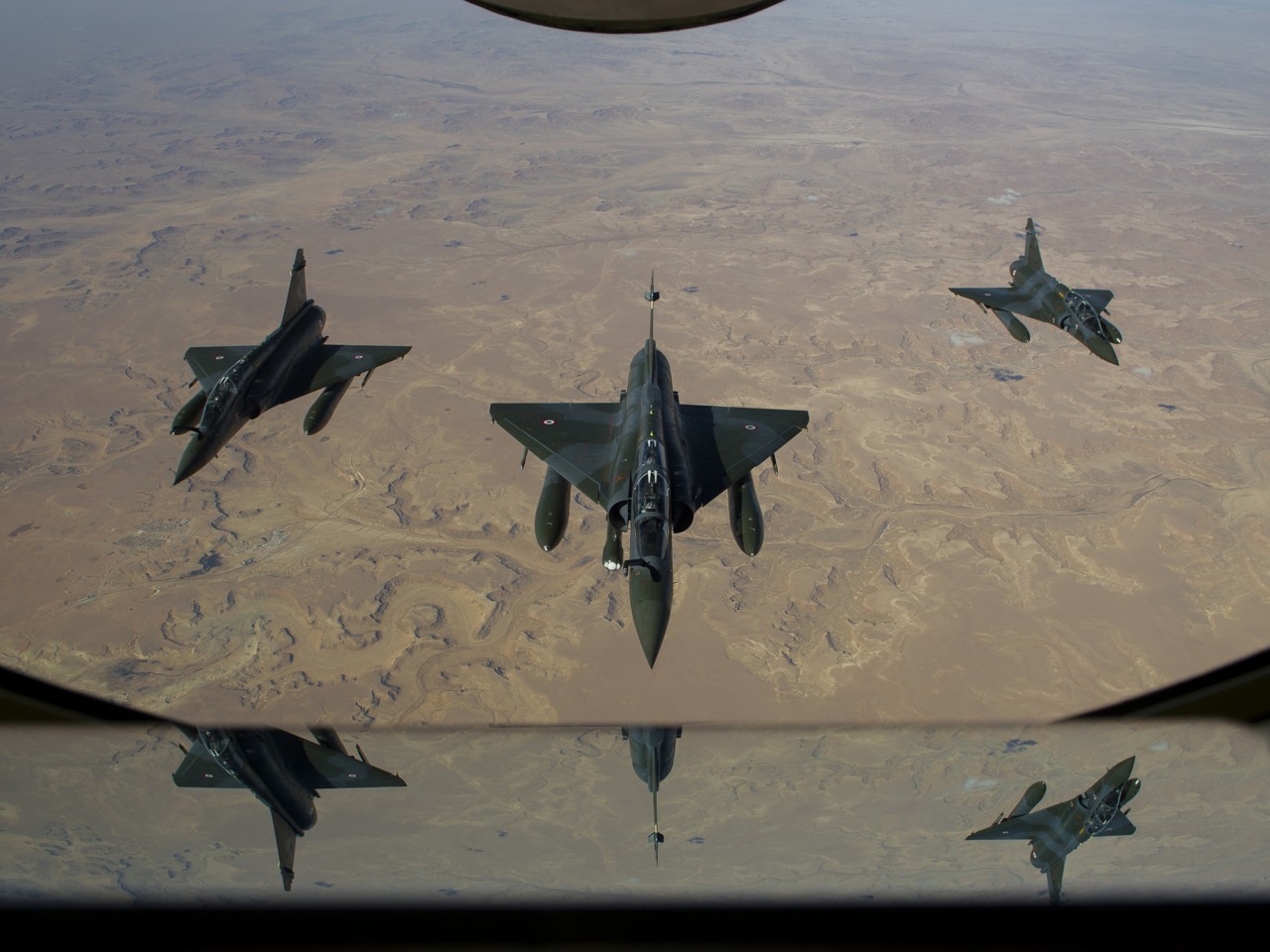Energy, Imperial Geostrategy in Africa, and the Deep Politics of the Mali Crisis - Letter in the Evening Standard 17.01.13
This letter was published in today's Evening Standard
Nabila Ramdani's endorsement
of France's Mali intervention, supposedly "aimed at ridding Mali of
particularly sinister insurgents," overlooks key factors which have now
made themselves manifest in last night’s hostage seizures in Algeria.
Firstly, 'al-Qaeda in the Islamic Maghreb' (AQIM) was,
according to experts like Professor Jeremy Keenan from SOAS - the most cited
academic in the world on North Africa - virtually manufactured in the region by
Algerian intelligence services with clandestine US support. This short-sighted
policy originated with the Algerian military junta's attempts to fabricate a
justification for exterminating members of the peaceful Islamic Salvation Front
after it won democratic elections decades ago. The policy was reinforced by
NATO's intervention in Libya, shoring up Islamist militias with AQIM
affiliations across the region.
Secondly, Ramdani naively ignores NATO's strategic interests
in North Africa, described in 2007 by State Department adviser J. Peter Pham as "protecting access to hydrocarbons
and other strategic resources... a task which includes ensuring against the
vulnerability of those natural riches and ensuring that no other interested
third parties, such as China, India, Japan, or Russia, obtain monopolies or
preferential treatment.”
Mali is believed to have significant oil and gas potential.
A confidential US embassy cable (8 May 2006) obtained by Wikileaks observes
that a "significant impediment" to "extracting and transporting
oil" in Mali is "regional political instability and terrorist
activities."
With reports of extensive civilian casualties due to French
airstrikes, it is far from clear that they will be beneficial for Mali, even if Ramdani concedes
they may be troublesome for France. Such military action will only lend
legitimacy to the most virulent AQIM components of the insurgency.
A better
approach would be to cut off AQIM at source - by reigning in Algerian military intelligence.
But perhaps that's not the point.
Dr. Nafeez Mosaddeq Ahmed
